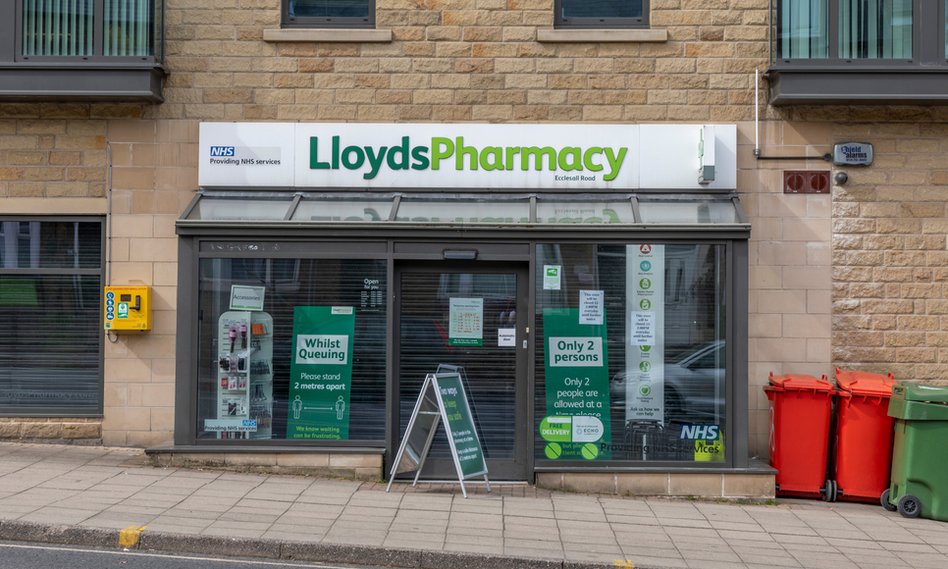2021-07-30 15:03
Publishing
2021-07-30 15:03


Data released on Friday said one in seven UK stores was empty, a number that has risen in the past three months, even as trade restrictions were lifted in April.
In the second quarter of this year, the percentage of closed stores on the main streets of cities, shopping centers and retail complexes amounted to 14.5%, while in the first quarter it was 14.1% and in the second quarter of 2020 – 12.4%. percent, according to the British Retail Consortium (BRC). He added that this percentage has been increasing continuously for three years.
Shopping centers, where a significant part of the fashion sector stores, suffered the most, and it is he who is rapidly moving commerce to the Internet. There, the percentage of empty units in the second quarter was 19.4%, while the situation is relatively better in the retail areas, where 11.4% are empty. Introductions. On the main streets of cities, the percentage of empty stores is the same as in the entire retail business – 14.5 percent.
“It is not surprising that the number of closed stores in the UK continues to rise after alternately closed and reopened stores during the closure for more than a year,” said BRC chief executive Helen Dickinson. And she warned that this number could rise further as the tax breaks that help companies survive the pandemic expire.
The data also shows clear differences between the north and south of the country – the lowest percentage of empty stores is in London (11.1%), followed by the south-east and east of England, and the highest in north-east England (20.6%), Wales and north-west England.
As reported in mid-July by BRC, in the second quarter of this year – after non-essential stores opened after closing – there was the largest increase in retail in 26 years, but at the same time the fastest growing e-commerce continued. At the same time, data on the number of visits to shopping centers indicates that it is still below the pre-pandemic level.
From London Bartłomiej Niedziński (PAP)
bjn / tebe /




